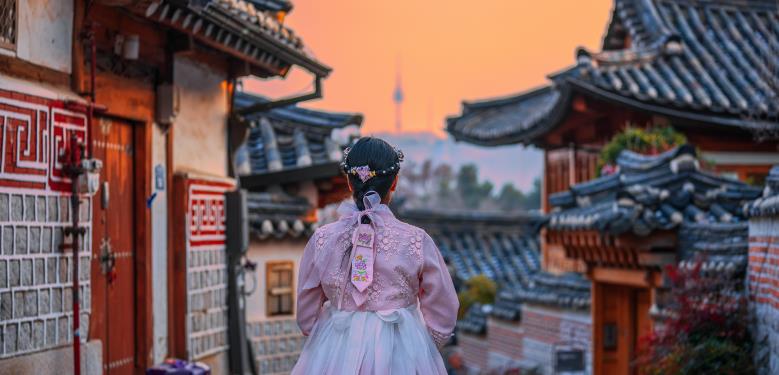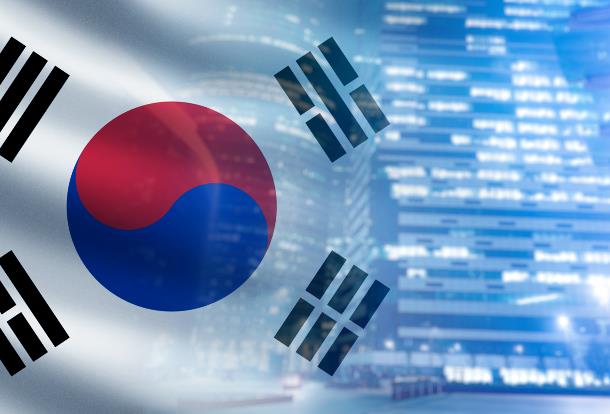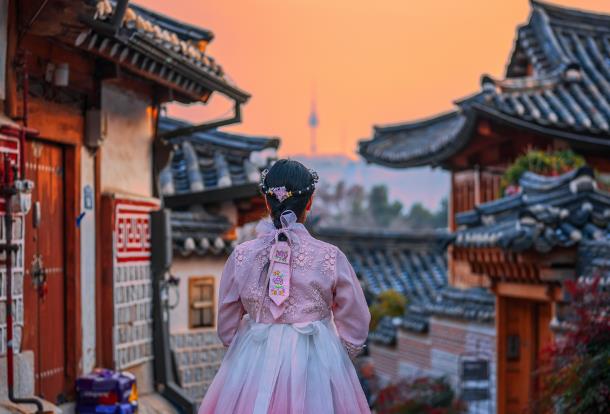
On the evening of June 3, South Korea’s presidential election results were announced, with Democratic Party candidate Lee Jae-myung securing victory.
His election signals a potential turning point in China-South Korea relations, ushering in a period of diplomatic recalibration.
Amid prospects of improved ties, South Korea’s tourism market is already showing strong signs of recovery.
According to April 2025 data from the Korea Tourism Organization (KTO):
South Korea received 1.707 million international tourists, up 16.7% year-on-year, recovering to 104.4% of April 2019 levels.
Mainland Chinese tourists topped the list, with 443,000 visits, accounting for nearly 26% of the total.
To further boost inbound travel, the South Korean government has announced a temporary short-term visa waiver for Chinese tour groups starting in Q3 this year, aiming to accelerate tourism recovery and stimulate domestic demand.
In contrast, during a time of tense diplomacy in 2024, China took the lead by unilaterally implementing a visa-free policy for South Korean ordinary passport holders starting in November.
The policy ignited strong interest among young South Koreans in traveling to China.
Popular destinations like Zhangjiajie and Shanghai saw a surge in Korean visitors, with cities such as Qingdao, Zhengzhou, and Chengdu quickly emerging as new favorites.
In response, Korean Air has increased flight capacity on China-Korea routes.
As of April, the airline operated flights to 20 cities in mainland China, running 26 routes with 182 weekly flights, a 34% increase year-on-year and recovering to 86% of 2019 levels.
Now, with Lee Jae-myung in office, this growing momentum for mutual exchange is expected to continue.
Further policy developments including streamlined visa process, increased flight frequencies, and enhanced cultural exchange programs are likely in the months ahead.




